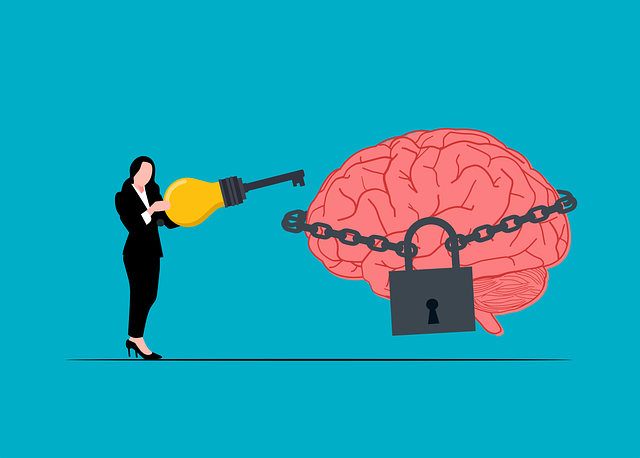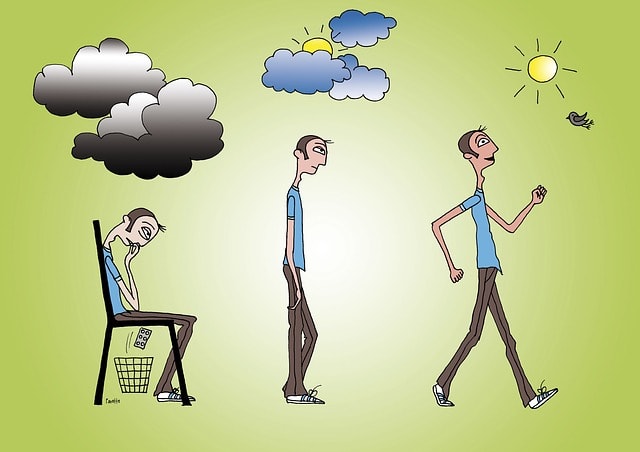OCMH Dual Diagnosis: Effective Strategies for Integrated Treatment
Understanding Dual Diagnosis
Dual diagnosis refers to the coexistence of a mental health disorder and a substance use disorder (SUD) within the same individual. This condition requires specialized care as the interplay between these two disorders complicates diagnosis and treatment.
At Revival Mental Health, we understand the importance of dual diagnosis treatment, focusing on both mental health disorders and substance use disorders. Common conditions linked to dual diagnosis include depression, generalized anxiety disorder, and bipolar disorder. Substance use often emerges as a coping mechanism for managing mental health challenges, further entrenching the cycle of dependency.
Effective treatment for dual diagnosis involves addressing both disorders simultaneously to break this cycle and foster lasting recovery.
The Essentials of Dual diagnosis
Dual diagnosis refers to the simultaneous occurrence of mental health disorders and substance use disorders in an individual, requiring a specialized approach to treatment. Addressing both conditions is essential, as they often interact in ways that exacerbate symptoms and complicate recovery. Effective dual diagnosis treatment focuses on understanding the complex relationship between these disorders, offering therapies that target both mental health conditions and substance use simultaneously. Key components include accurate diagnosis, mental health recovery strategies, and personalized care plans. This integrated approach ensures individuals receive comprehensive support tailored to their unique needs, promoting lasting recovery and overall well-being.

The Complexity of Co-occurring Disorders
The relationship between mental health and substance abuse is complex and multifaceted. Individuals may turn to substances as a way to self-medicate symptoms of disorders like anxiety or depression. On the other hand, prolonged substance abuse can trigger the onset of mental health conditions, intensifying symptoms like paranoia, mood swings, or psychosis.
Studies indicate that individuals with mental illness are twice as likely to develop substance use disorders. This highlights the need for an integrated approach to treatment that addresses the full spectrum of these co-occurring disorders.
Mental Health Disorders and Dual Diagnosis
Mental health disorders and substance use are deeply interconnected. Each can contribute to the other, making it imperative to address them concurrently. For example:
Mental health disorders can lead to substance use as a coping mechanism.
Substance use disorders can exacerbate or even cause the onset of mental health disorders.
An accurate diagnosis is critical in developing a personalized treatment plan. Experienced mental health professionals play a crucial role in diagnosing and treating dual diagnosis effectively.
Effective Treatment Strategies for Dual Diagnosis
Treating dual diagnosis requires comprehensive and integrated treatment approaches. These strategies include:
Medication management to alleviate symptoms of mental health conditions.
Group therapy sessions and support groups to foster community and shared experiences.
Promoting healthy coping mechanisms, such as mindfulness, exercise, and stress management.
Utilizing therapies like cognitive behavioral therapy (CBT) to address underlying causes.
This holistic approach ensures that both disorders are treated simultaneously for optimal outcomes.

Integrated Treatment Approaches
Integrated treatment combines various modalities to address the mental, emotional, and physical health of individuals. Key components include:
Individual therapy to explore personal challenges and develop coping skills.
Family therapy to involve loved ones in the recovery process.
Group therapy to build connections and mutual support.
Holistic therapies, such as art therapy and mindfulness, to promote overall well-being.
Comprehensive dual diagnosis treatment is built on collaboration between clients, therapists, and families, ensuring that all aspects of care are covered.
Key Components of Long-Term Recovery
Long-term recovery from dual diagnosis is a gradual process that requires ongoing care. The following components are vital:
Developing healthy coping mechanisms to manage stress and triggers.
Building a robust support network through support groups and family involvement.
Implementing relapse prevention strategies to address high-risk situations.
Committing to regular therapy sessions to maintain progress.
With the right support, individuals can achieve a fulfilling life free from the struggles of dual diagnosis.

Navigating the Treatment Process
Navigating the path to recovery can feel overwhelming. However, seeking help from experienced mental health professionals can provide the guidance needed. Developing personalized treatment plans tailored to individual needs is essential for navigating this journey successfully.
Overcoming Barriers to Treatment
Barriers like stigma and limited access to services can hinder recovery. Addressing these barriers through education, outreach, and support is crucial. At Revival Mental Health, we strive to make treatment accessible and stigma-free, empowering individuals to seek help confidently.
Comprehensive Care for Dual Diagnosis
Comprehensive care involves a team of experienced mental health professionals, including psychiatrists, therapists, and support staff. This approach addresses:
Mental health and substance use disorders.
Underlying medical conditions.
Long-term strategies for recovery.
By focusing on comprehensive treatment, Revival Mental Health ensures that each individual receives the care they need for lasting recovery.
The Role of Support Systems in Dual Diagnosis Treatment
Support systems play a pivotal role in the recovery journey, especially for individuals facing mental health issues alongside substance use disorders. Family members and friends can provide invaluable encouragement and accountability, addressing mental health concerns while fostering emotional support.
Support groups also create a sense of community and understanding, helping individuals navigate challenges related to addiction and mental health. These systems not only motivate individuals but also help manage mental health symptoms, ensuring a well-rounded recovery process.
Conclusion
Dual diagnosis treatment demands a comprehensive approach that addresses both mental health conditions and substance use disorders. Through an effective dual diagnosis treatment program, which incorporates integrated treatment approaches, medication management, and support groups, individuals can achieve meaningful mental health recovery. Revival Mental Health is dedicated to guiding clients through this journey, ensuring that they can rebuild their lives with renewed hope and purpose.
Visit SAMHSA for more information or contact us today.
Frequently Asked Questions
Dual diagnosis refers to the co-occurrence of a mental health disorder and a substance use disorder in the same individual. This complex condition requires a specialized treatment approach that addresses both disorders simultaneously to achieve effective and lasting recovery.
Dual diagnosis treatment involves an integrated approach that includes therapies such as individual counseling, group therapy sessions, and medication management. This comprehensive strategy ensures that both the mental health and substance use disorders are treated together, addressing their interplay and preventing relapse.
Common mental health disorders in dual diagnosis include generalized anxiety disorder, depression, bipolar disorder, and post-traumatic stress disorder (PTSD). These conditions often interact with substance use disorders, making treatment more complex but manageable with proper care.
Family and support systems play a vital role by providing emotional support, accountability, and encouragement. Participating in family therapy and connecting with support groups can enhance recovery by fostering a sense of understanding and community for individuals navigating mental health and substance use challenges.





